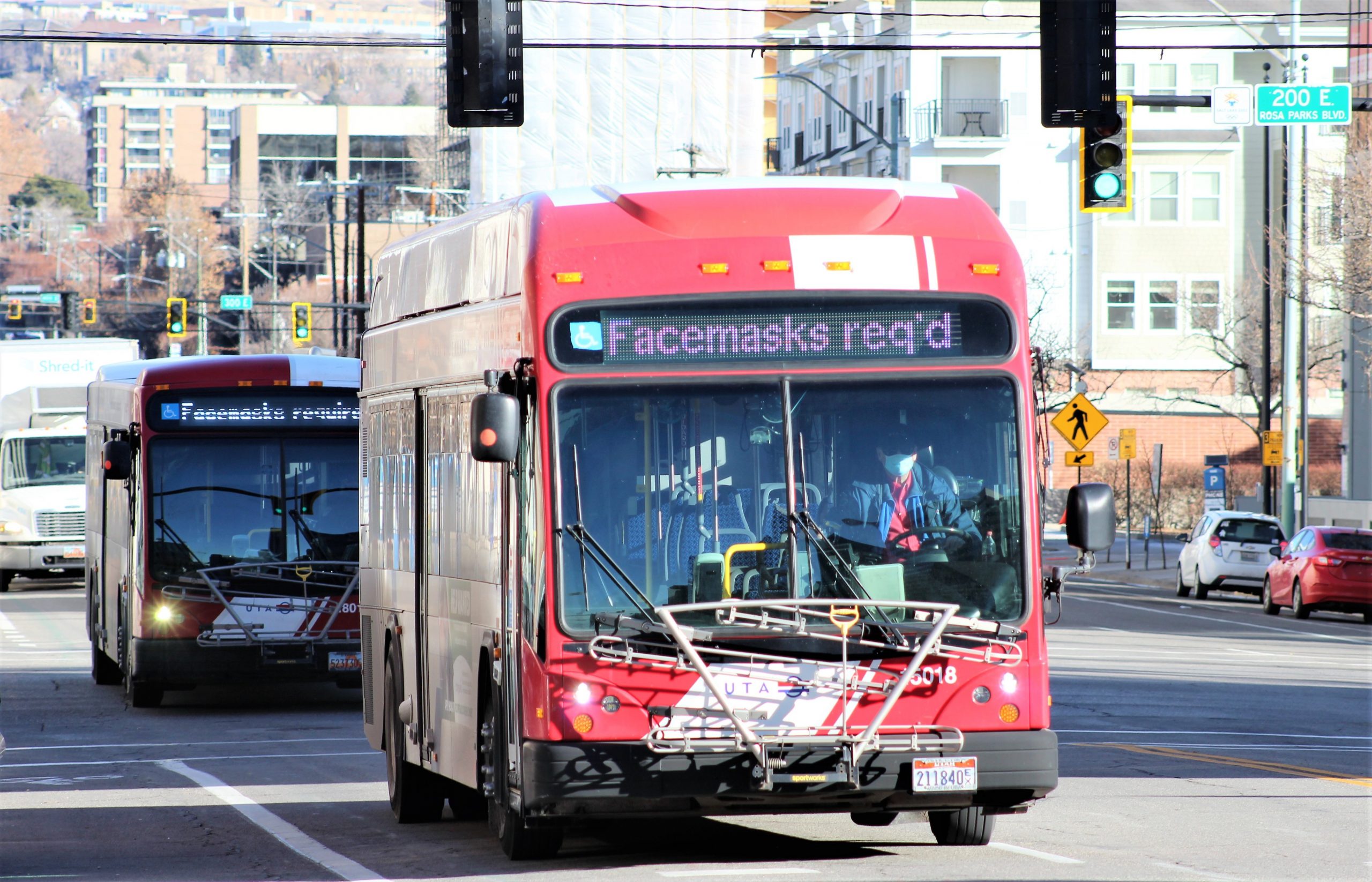Transportation plays a pivotal role in our modern society, enabling the movement of people and goods across vast distances. However, the environmental impacts of transportation cannot be overlooked. From air pollution to habitat destruction, this article delves into the multifaceted consequences of transportation on our planet's delicate ecosystems.
- Air Pollution:
Transportation, particularly the burning of fossil fuels, is a significant contributor to air pollution. Vehicle emissions release harmful pollutants such as nitrogen oxides (NOx), carbon monoxide (CO), and particulate matter (PM). These pollutants not only degrade air quality but also contribute to climate change and respiratory illnesses. - Climate Change:
The greenhouse gas emissions from transportation, primarily carbon dioxide (CO2), contribute to global climate change. As vehicles burn fossil fuels, CO2 is released into the atmosphere, trapping heat and leading to rising temperatures. This phenomenon disrupts weather patterns, causes sea-level rise, and threatens biodiversity. - Habitat Destruction:
The expansion of transportation infrastructure often results in habitat destruction and fragmentation. Roads, highways, and railways can divide ecosystems, disrupting wildlife migration routes and isolating populations. This fragmentation can lead to a loss of biodiversity, as species struggle to adapt to their altered habitats. - Noise Pollution:
Transportation activities generate significant noise pollution, particularly in urban areas. The constant noise from vehicles, aircraft, and trains can have detrimental effects on human health, including increased stress levels, sleep disturbances, and reduced cognitive performance. Additionally, wildlife may suffer from disrupted communication and altered behavior patterns. - Resource Depletion:
Transportation relies heavily on non-renewable resources such as oil and gas. The extraction and consumption of these resources contribute to environmental degradation, including habitat destruction, water pollution, and land degradation. The depletion of these resources also raises concerns about energy security and economic stability. - Water Pollution:
Transportation activities can contaminate water bodies through oil spills, chemical leaks, and runoff from roads. These pollutants can harm aquatic ecosystems, affecting marine life, water quality, and the overall balance of aquatic ecosystems. Additionally, the transportation of goods via ships contributes to the spread of invasive species, further disrupting native ecosystems.
Conclusion:
The environmental impacts of transportation are far-reaching and demand urgent attention. To mitigate these effects, a multi-faceted approach is necessary, including the adoption of cleaner fuels, improved public transportation systems, and the promotion of sustainable urban planning. By understanding and addressing these impacts, we can strive towards a more sustainable and environmentally conscious transportation system.


